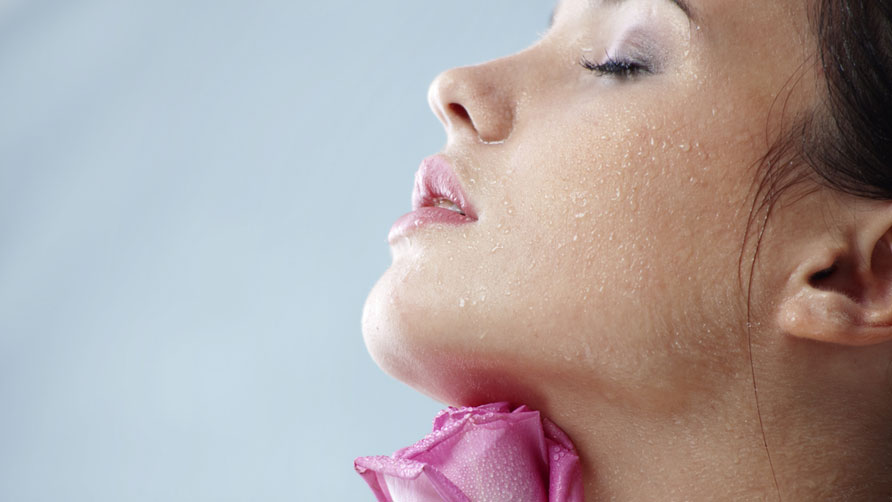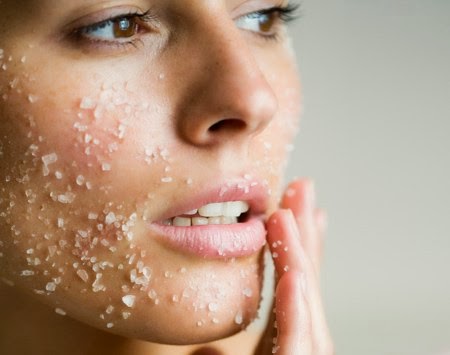5 Products You Should Never Apply on Your Skin
There’s something to be said about DIY skincare. But even with the internet as your main source of beauty tricks, tips and recipes, what you can do at home isn’t always what’s going to help your skin in the long run. While the following are widely praised on beauty blogs for their amazing use on the skin, they’re actually among the top products that causes skin issues. So avoid the risk of getting allergic reactions and pesky breakouts by scrapping the following ingredients off your beauty routine.

1. Baking Soda
Although baking soda is often endorsed as a good gentle exfoliant, the pH level of this household item is actually far too alkaline to be applied on the face. Using ingredients or products that contain a high amount of alkaline will only damage and disrupt the natural barrier of the skin, allowing bad bacteria to seep in. Applying baking soda on the face also causes significant moisture loss and compromises the skin’s ability to regulate itself.
2. Lemon Juice
Just as how sucking on a lemon destroys the enamel of your teeth, using pure lemon directly on your skin will irritate and upset its mantle. With a pH level of two, lemon is a highly acidic ingredient. Dermatologists even say that the oils found in citrus fruits are phototoxic, which means that even a short duration of sun exposure could aggravate the irritation and cause chemical burns.
3. Toothpaste
Another ‘quick-fix’ product that’s actually more harmful than beneficial, toothpaste is loaded with ingredients that can be irritating and drying to the skin. While it’ll help in drying out a pesky zit, it’ll also zap the healthy moisture on the surrounding areas and chemically burn your skin. Instead of toothpaste, apply benzoyl peroxide for an alternative pimple treatment.

4. Hot Water
While it may be enticing to bathe in a steaming hot shower, dermatologists claim that it’s not the ideal water temperature to cleanse your skin. Using hot water will only cause thermal burns and melt away your skin’s natural oils. Instead, use water that’s about 100 degrees Fahrenheit for bathing and cleansing your face.
5. Sugar
Just like with baking soda, using sugar as a DIY exfoliant can be disastrous for your skin. While it can work wonders in making your legs looks gorgeous and smooth, the texture of its grains are just too rough for the epidermis on your face. This is also true for most exfoliators and scrubs that are marketed for facial use – they’re too rough, and their sharp edges can create tiny tears that could prematurely age and damage the skin.
Although natural and DIY skincare remedies are beneficial and cost-effective, it’s also important to understand their effects in the long run. Consulting an expert before using a particular household ingredient on your skin will definitely save you the trouble of figuring out what works and what doesn’t.


Leave a Reply
You must be logged in to post a comment.